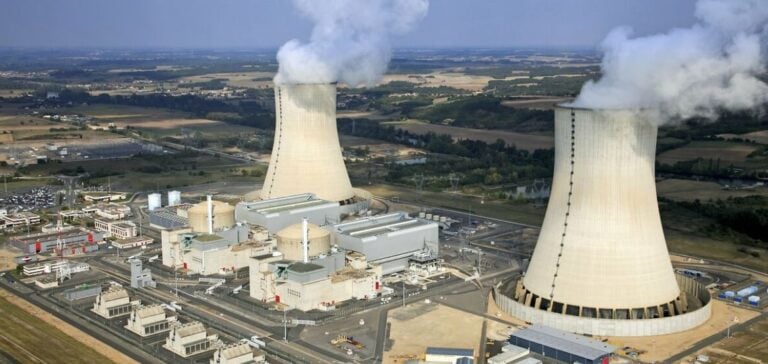EDF, the French energy company, recently initiated a strategic shift by relaunching its nuclear program. This decision, taken in collaboration with the French government, aims to build six new-generation EPR2 reactors, including two at Penly, followed by eight more. However, the uncertain outcome of the parliamentary elections has left EDF and its employees in a state of great uncertainty, according to several union sources. Amélie Henri, national secretary of the CFE-CGC, underlines the growing concern of employees about a possible backlash that could devastate the company.
Although President Emmanuel Macron has decided to build these new reactors, not all the decisions that will structure the energy sector have yet been formally enshrined in law by the government. The future multi-annual energy plan (PPE), which is to set the framework for the energy transition, has still not been adopted. The current PPE, dating from April 2020, still calls for the closure of 12 reactors by 2035, in addition to those at Fessenheim, adding to the uncertainty.
Investments and projects on hold
José Fernandes of the CGT also expresses his concerns. Investments and studies for EPRs have already been launched, but without official validation, their future remains uncertain. Bercy stresses that the timetable is “clear”, but dependent on election results. The Nouveau Front Populaire is anti-nuclear, while the Rassemblement National supports nuclear power and opposes wind turbines.
EDF management declined to comment on this sensitive strategic issue. Julien Laplace of the CFDT points out that, despite presidential announcements, nothing is yet scheduled in the law, exacerbating the uncertainty.
Hydraulic projects and internal reorganization
Another pending project concerns the resolution of a dispute over hydraulics between Paris and Brussels. A parliamentary fact-finding mission led by Marie-Noëlle Battistel and Antoine Armand was due to study the issue. However, the future of this mission is uncertain after the elections.
The dissolution of the French National Assembly has also put the finalization of CEO Luc Rémont’s corporate project for the next ten years on hold. This plan included a significant increase in electricity production and a high proportion of controllable electricity by 2035. Amélie Henri of the CFE-CGC hopes that the political situation will not lead to another catastrophic “stop and go” for the company.
Fear of democratic destabilization
The unions fear that the future government will bypass Parliament to impose changes to the energy roadmap without democratic debate. Julien Laplace of the CFDT sees a reason for hope in the European Parliament, where the rise of the far right has not disrupted the pro-nuclear turn of green regulations.
EDF employees are anxiously awaiting the stabilization of the political situation to secure ongoing projects and guarantee the sustainability of the national energy strategy.






















